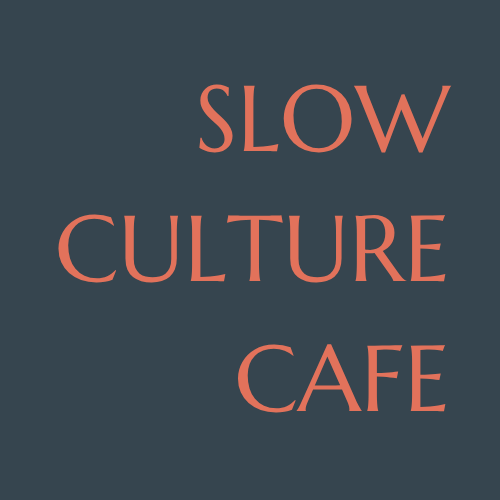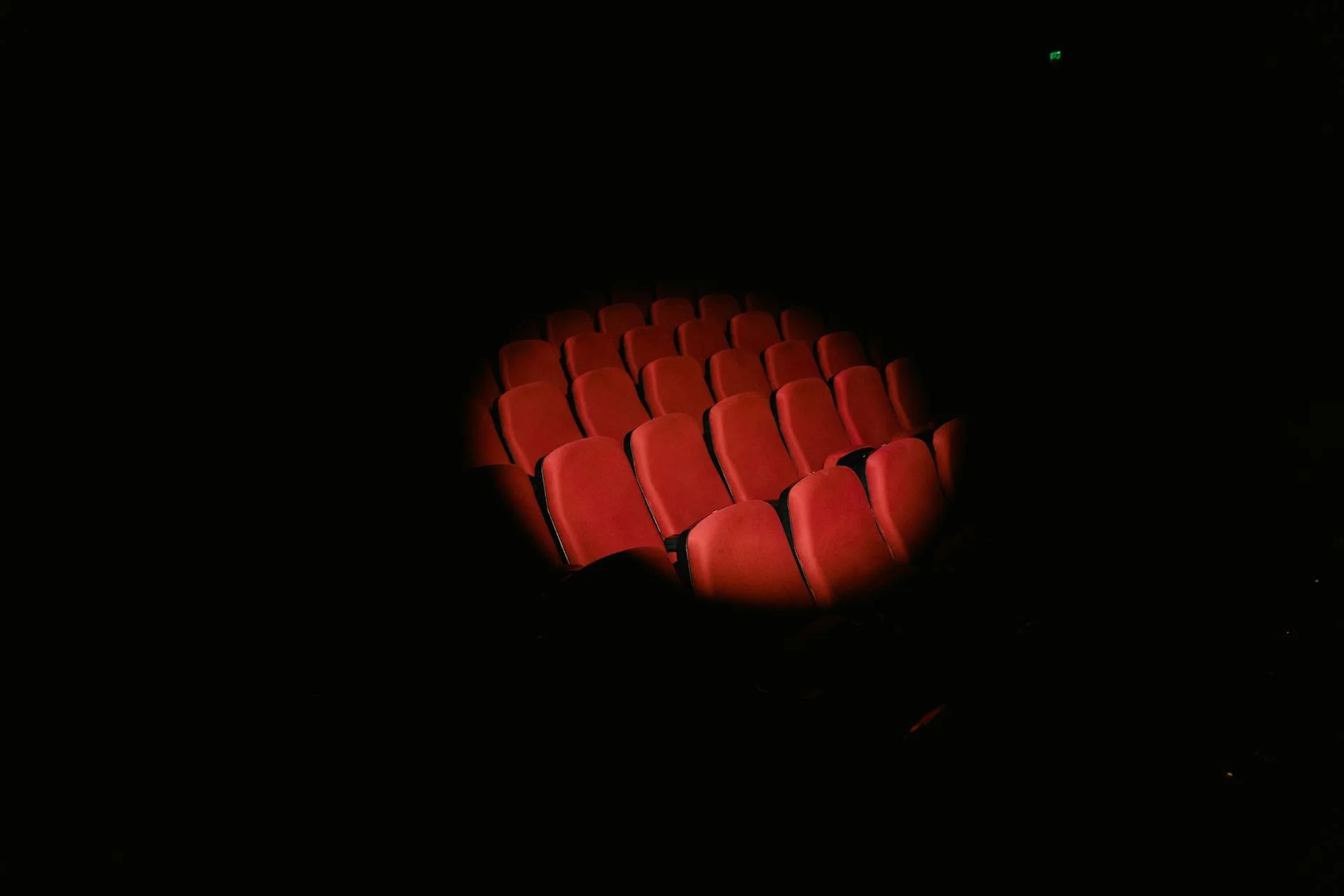When Silence Sings: Why Classical Music Still Matters
In a fast, loud world, classical music offers us a rare invitation: to slow down, to listen closely, and to feel deeply.
Digitalization and social networks have brought us closer to classical music again. Many of us are deeply connected to classical music, but some of us certainly had a very differentiated relationship to classical music.
At school, there were lots of exercises or pieces that we had to look at and listen to, then there was perhaps playing our own instrument at home. The piano, the violin, or another instrument, and playing in an orchestra.
But sometimes classical music seems so foreign, so distant. Yet it is exactly what we need today. Hardly any piece of modern music achieves the emotional charge that the masterpieces of classical music create.
The use of classical music in films certainly also helps us to rediscover classical music. The magic of Brahms, Maler or Strauss will always remain. It will enchant us again and again.
It begins, often, with silence. A pause. A collective breath. And then — sound unfolds, like light breaking across a still morning.
Classical music doesn’t ask for attention the way popular music does. It doesn’t leap from speakers or chase trends. It waits. And for those willing to sit with it — to truly listen — it offers something increasingly rare: space.
Today, we live with constant background noise — playlists for productivity, algorithmic ambiance, content on autoplay. In this climate, classical music can feel like a whisper in a shouting match. But that’s precisely its power. Its complexity isn’t to exclude, but to invite. It calls us into presence.
A Chopin nocturne doesn’t fill silence; it reveals it. A Mahler symphony doesn’t offer answers; it wrestles with questions. Bach’s fugues and Debussy’s impressionistic waves aren’t just compositions — they’re conversations across time.
Many assume classical music belongs to the past — a genre locked behind velvet concert hall curtains. But listen closely, and you’ll find it everywhere. In the cinematic pulse of film scores. In ambient electronica’s structure. In the meticulous phrasing of avant-garde jazz. Even in silence itself, which John Cage famously treated as sound.
For younger listeners, discovering classical music can feel like finding a secret library — infinite emotion stored in a language they didn’t know they already understood. There's no need to know the names, movements, or keys. All that’s required is openness.
And there’s something revolutionary in simply listening. In a world addicted to multitasking, classical music demands single focus. It asks you to be still, to let a single cello line move through your chest like breath. It rewards patience — a slow crescendo, a held note, a sudden shift into joy or sorrow.
In this way, classical music becomes a mirror. It reflects not just beauty, but complexity — the contradictions, the longing, the grandeur and grief that make us human.
So the next time you find yourself overwhelmed by the pace of things, try reaching for something timeless. A string quartet. A piano sonata. Even a single minute of stillness. Let the music do what it has always done — not entertain, but awaken.

